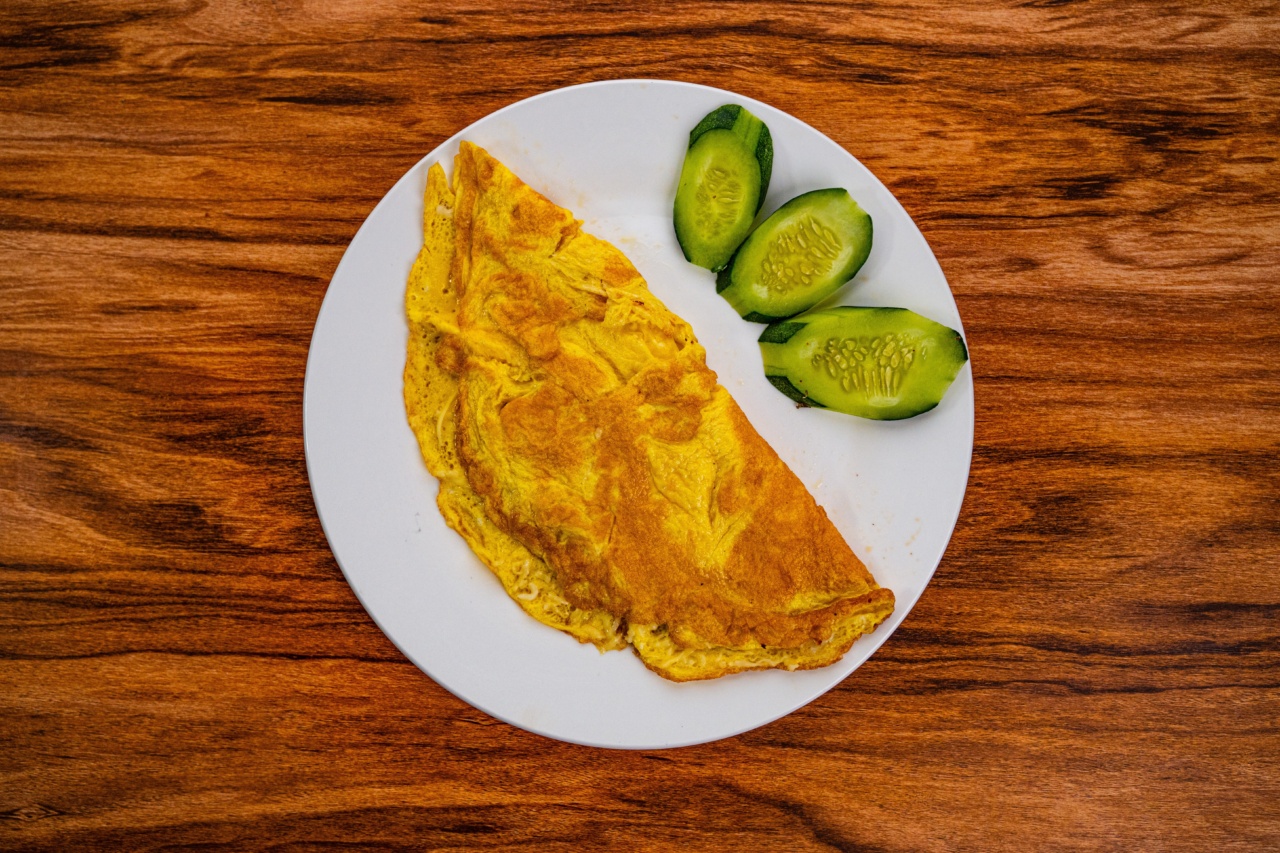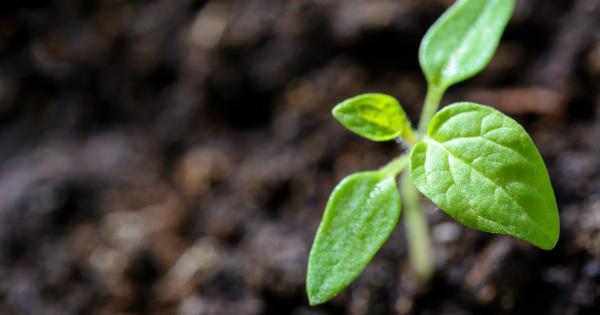Cucumber is a refreshing vegetable that is commonly used in salads and sandwiches. It belongs to the same family as melons and squash, and is widely cultivated all over the world.
Besides its crisp texture and juicy flesh, cucumber is also known for its numerous health benefits. In this article, we will discuss everything you need to know about this versatile vegetable.
History of Cucumber
Cucumber is believed to have originated from India over 3000 years ago. It was later introduced to other parts of Asia, Europe, and the Americas.
The ancient Romans and Greeks were known to have grown cucumbers in their gardens, and they were also used in traditional medicine to treat various ailments.
Varieties of Cucumber
There are many different varieties of cucumber, including:.
- English cucumber
- Pickling cucumber
- Persian cucumber
- Kirby cucumber
- Long seedless cucumber
Nutritional Value of Cucumber
Cucumber is a low-calorie vegetable that is also rich in nutrients. One cup of sliced cucumber (approximately 119 grams) contains:.
- Calories: 16
- Protein: 0.8 g
- Carbohydrates: 3.1 g
- Fiber: 0.5 g
- Fat: 0.2 g
- Vitamin C: 4.5 mg
- Vitamin K: 8.5 mcg
- Potassium: 152 mg
Health Benefits of Cucumber
Here are some of the health benefits of cucumber:.
- Hydration: Cucumber is made up mostly of water, which makes it a great hydrating vegetable. Eating cucumbers can help keep you hydrated, especially during hot weather or after exercise.
- Weight loss: Since cucumber is low in calories and high in water and fiber, it can help you feel full while still keeping your calorie intake low. Adding cucumbers to your diet may help you lose weight or maintain a healthy weight.
- Healthy skin: Cucumber contains vitamin C, which is important for collagen production and skin health. It also has anti-inflammatory properties that can help reduce redness and puffiness.
- Healthy digestion: Cucumber is rich in fiber, which can help promote regular bowel movements and prevent constipation.
- Reduced risk of chronic diseases: Cucumber contains antioxidants such as vitamin C and beta-carotene, which may help reduce the risk of chronic diseases such as heart disease, cancer, and Alzheimer’s.
Cooking with Cucumber
Cucumber is a versatile vegetable that can be eaten raw or cooked. Here are some ideas for cooking with cucumber:.
- Salads: Cucumber is a classic salad ingredient. Try adding sliced cucumbers to your favorite salad recipe for an extra crunch.
- Sandwiches: Cucumber slices add a refreshing crunch to sandwiches. Try layering them in your next sandwich or wrap.
- Pickles: Pickling cucumbers are perfect for making homemade pickles. Try your hand at making refrigerator pickles or canning your own pickles.
- Gazpacho: This cold Spanish soup is made with cucumber, tomatoes, peppers, and other vegetables. It’s a refreshing summer soup that is perfect for a hot day.
Buying and Storing Cucumber
When buying cucumber, look for ones that are firm, smooth, and free of bruises or soft spots. The skin should be a bright green color. Avoid cucumbers that are yellow or wrinkled, as they are past their prime.
Cucumber can be stored in the refrigerator for up to a week. If you’ve sliced it, store it in an airtight container or wrap it tightly in plastic wrap to prevent it from drying out.
Precautions
While cucumber is generally safe to eat, some people may be allergic to it. Symptoms of cucumber allergy include itching, swelling, and difficulty breathing.
If you experience any of these symptoms after eating cucumber, seek medical attention immediately.
Conclusion
Cucumber is a refreshing and nutritious vegetable that is easy to incorporate into your diet. Whether you eat it raw or cooked, it’s a versatile ingredient that can be used in salads, sandwiches, and soups.
Not only does it taste great, but it also has numerous health benefits that make it a great addition to any healthy diet.































